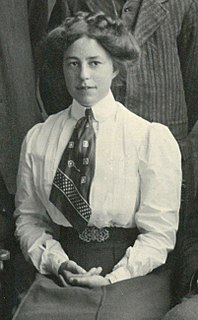 W
WKathleen E. Carpenter (1891–1970) was a British freshwater ecologist. She is best known for her early studies of the effects of metal pollution on Welsh rivers and their biota, as well as her book Life in Inland Waters, the first textbook in English wholly devoted to freshwater ecology.
 W
WThomas Ward Crowther is a British scientist specialising in ecosystem ecology and the chief scientific advisor to the UN's Trillion Tree Campaign. He is a tenure-track professor of Global Ecosystem Ecology at ETH Zürich where he formed the Crowther Lab. His work aims to generate a holistic understanding of the global scale ecological systems which regulate the Earth's climate.
 W
WHenry Colyear Dawkins was a British forester, botanist, ecologist and statistician, a Fellow of St John's College, Oxford.
 W
WDave Goulson is Professor of Biology at the University of Sussex. Specializing in the ecology and conservation of insects, particularly bumblebees, Goulson is the author of several books, including Bumblebees: Their Behaviour and Ecology (2003), and over 200 peer-reviewed articles. In 2006 he founded the Bumblebee Conservation Trust, a charity that aims to reverse the decline in the bumblebee population.
 W
WPeter Raymond Grant, and Barbara Rosemary Grant are a British married couple who are evolutionary biologists at Princeton University. Each currently holds the position of emeritus professor. They are known for their work with Darwin's finches on Daphne Major, one of the Galápagos Islands. Since 1973, the Grants have spent six months of every year capturing, tagging, and taking blood samples from finches on the island. They have worked to show that natural selection can be seen within a single lifetime, or even within a couple of years. Charles Darwin originally thought that natural selection was a long, drawn out process. The Grants have shown that these changes in populations can happen very quickly.
 W
W(John) Philip Grime is an ecologist and emeritus professor at the University of Sheffield. He is best known for his Universal adaptive strategy theory, for the unimodal relationship between species richness and site productivity, for the Intermediate Disturbance Hypothesis, for the DST classification and, with Simon Pierce, universal adaptive strategy theory (UAST) and the twin filter model of community assembly and eco-evolutionary dynamics.
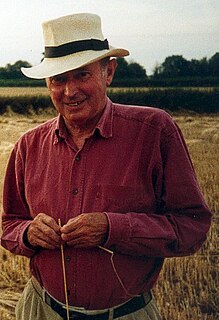 W
WJohn Lander Harper was a British biologist, specializing in ecology and plant population biology.
 W
WLiz Howe was a British ecologist and herpetologist. She is best known as one of the coordinators of a comprehensive field survey of the natural habitats of Wales, published in 2010.
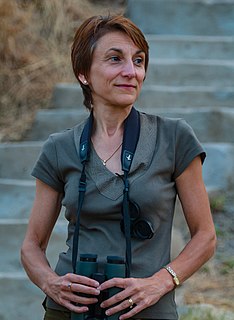 W
WJane Louise Hurst is the William Prescott Professor of Animal Science at the University of Liverpool. She is Head of Mammalian Behaviour & Evolution. She studies scent communication between mammals, as well as animal welfare and pest control. She served as the President of the Association for the Study of Animal Behaviour from 2010 to 2012.
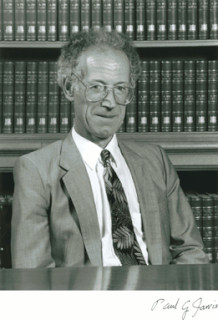 W
WPaul Gordon Jarvis was a leading ecologist and Professor of Forestry and Natural Resources at the University of Edinburgh from 1975 to 2001.
 W
WAlan Reece Longhurst is a British-born Canadian oceanographer who invented the Longhurst-Hardy Plankton Recorder, and is widely known for his contributions to the primary scientific literature, together with his numerous monographs, most notably the "Ecological Geography of the Sea". He led an effort that produced the first estimate of global primary production in the oceans using satellite imagery, and also quantified vertical carbon flux through the planktonic ecosystem via the biological pump. More recently, he has offered a number of critical reviews of several aspects of fishery management science and climate change science.
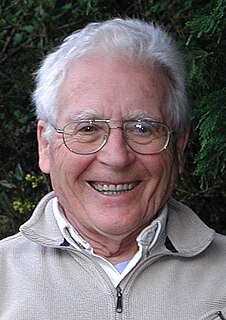 W
WJames Ephraim Lovelock, is an English independent scientist, environmentalist and futurist. He is best known for proposing the Gaia hypothesis, which postulates that the Earth functions as a self-regulating system.
 W
WDame Georgina Mary Mace, was a British ecologist and conservation scientist. She was Professor of Biodiversity and Ecosystems at University College London, and previously Professor of Conservation Science and Director of the Natural Environment Research Council (NERC) Centre for Population Biology, Imperial College London (2006–2012) and Director of Science at the Zoological Society of London (2000–2006).
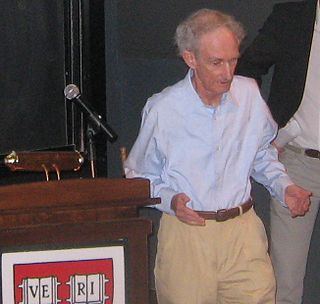 W
WRobert McCredie May, Baron May of Oxford, HonFAIB was an Australian scientist who was Chief Scientific Adviser to the UK Government, President of the Royal Society, and a professor at the University of Sydney and Princeton University. He held joint professorships at the University of Oxford and Imperial College London. He was also a crossbench member of the House of Lords from 2001 until his retirement in 2017.
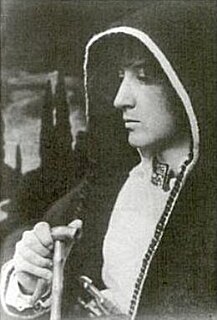 W
WMarietta Pallis (1882–1963) was a Greek-Briton ecologist and botanical artist. She is noted for research in aquatic botany, especially the Norfolk Broads and the Danube Delta as well as her creation of devotional landscapes.
 W
WStephanie Peay is a British ecologist and crayfish researcher.
 W
W(Iain) Colin Prentice holds the AXA chair in biosphere and climate impacts at Imperial College London and an honorary chair in ecology and evolution at Macquarie University in Australia.
 W
WDavid W. H. Walton was a British emeritus professor with the British Antarctic Survey. Walton trained as an ecologist and was a specialist in the Antarctic. He was the first chair of the Scientific Committee on Antarctic Research (SCAR) Standing Committee on the Antarctic Treaty System and held this position from 2002 to 2006. He was the Chief Scientist on the Antarctic Circumpolar Expedition (ACE) which took place from December 2016 to March 2017 aboard the Russian research vessel Akademik Treshnikov.
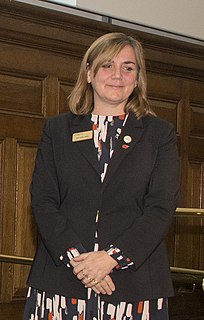 W
WKatherine Jane Willis is a biologist, who studies the relationship between long-term ecosystem dynamics and environmental change. She is Professor of Biodiversity in the Department of Zoology, University of Oxford, and an adjunct Professor in Biology at the University of Bergen. In 2018 she was elected as Principal of St Edmund Hall, and took up this position from 1 October. She held the Tasso Leventis Chair of Biodiversity at Oxford and was founding Director, now Associate Director, of the Biodiversity Institute Oxford. Willis was Director of Science at the Royal Botanic Gardens, Kew from 2013-2018.